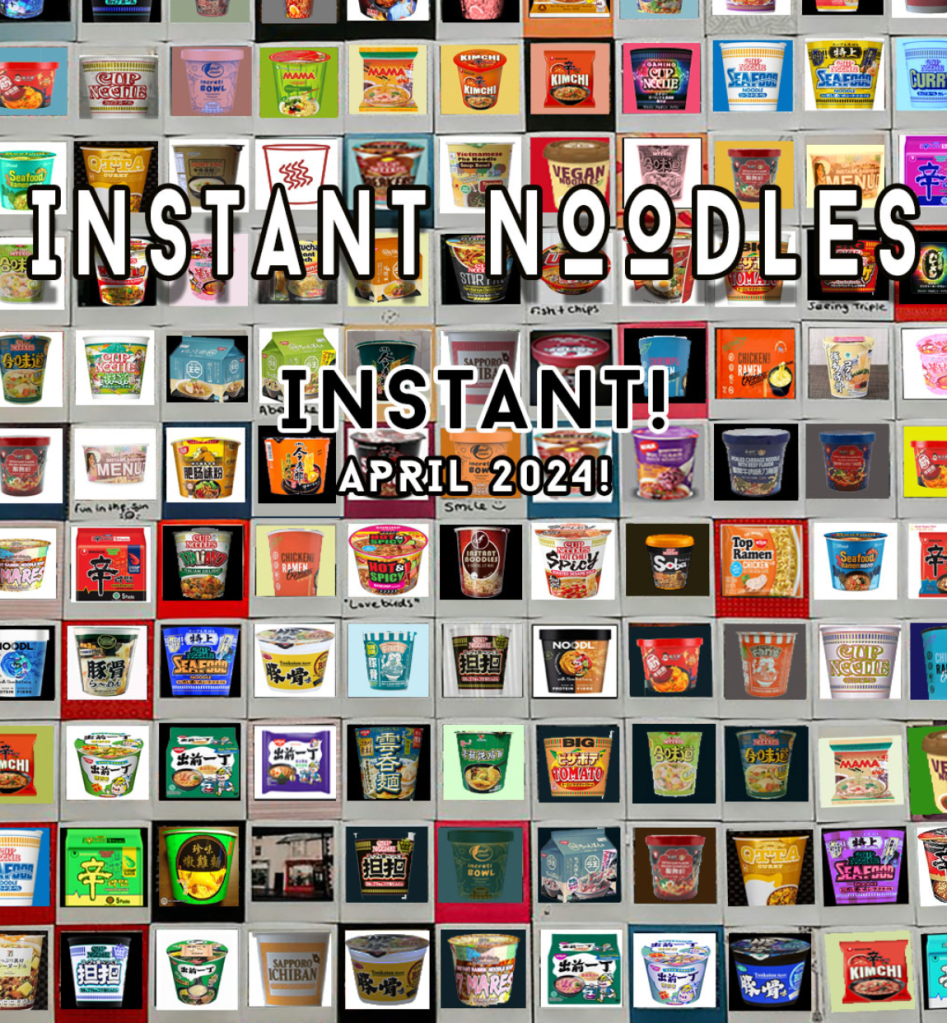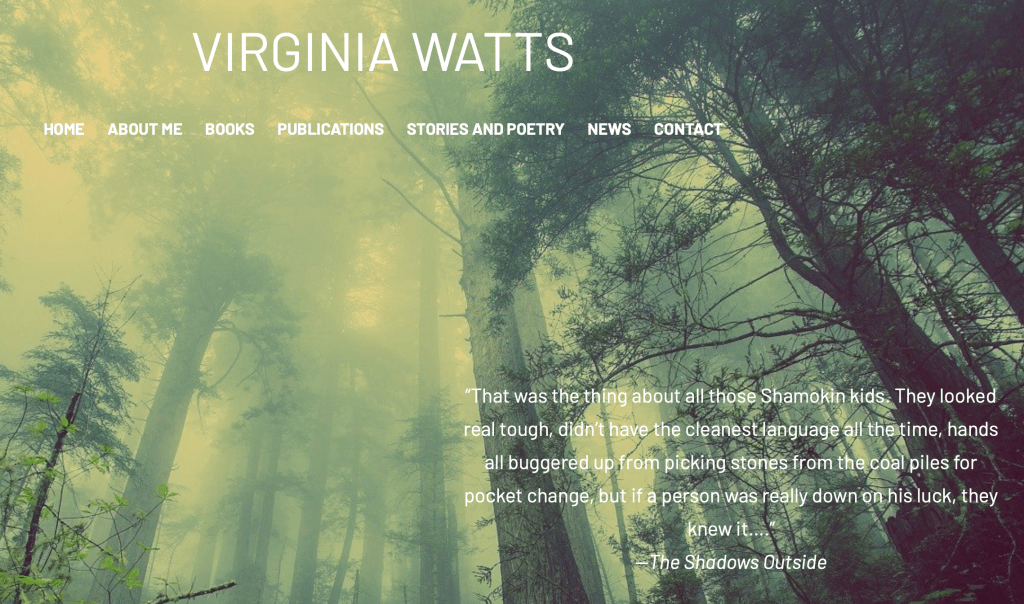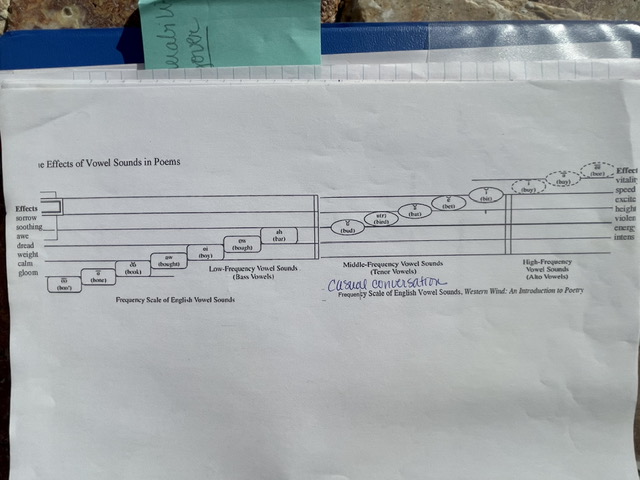By Virginia Watts
Artress Bethany White is a poet and essayist I met during a summer writing conference at Rosemont College. I was fortunate enough to attend her poetry workshop where I learned so much about the craft and art of poetry. Artress is the author of the essay collection Survivor’s Guilt: Essays on Race and American Identity (New Rivers Press, 2020) and My Afmerica: Poems (Trio House Press, 2019). Her work is unique and unflinching. She is forging new ground. It is at one turn poetry that leaves you dead in your tracks and in another historical documentation. She is an unfailingly brave writer willing to wade into the complex racial dilemma of our country. She is the kind of writer that can make a difference. Read one of her poems or essays and you will want to read them all. Then you will never forget them.
Her personal story adds another layer of interest to her work. She herself is descended from one of the largest slaveholding families in America and she is raising her own transracial family. What I remember about her most is how encouraging she was to her students, fledging poets. She had a way of making us believe in ourselves and that we too had something importantly human to say.
Pancakes Keep Coming to Mind: A Sestina Commemorating the Demise of Aunt Jemima on the Pancake Box
BY ARTRESS BETHANY WHITE
June 2020
I invoke my great-great-grandmother’s name on exhaled breath,
the vowels arranging themselves in shorts and longs,
syntax and semantics duking it out.
Mima, that could have been birthed from an African tongue.
Enee, meene, mima, mo, respectable marriage of village,
continent, and town, without a diabolic Je like a pendulum swing
to the scarlet kerchief blooming in my brain, pancakes on my tongue,
unwilling to utter that name over black families now living out
their American dream. Like reinvention, how the heart longs
to reconcile past and present, within a village
raising a newer child clawing out of epicureal stink to swing
free from stereotypes, auction block, and Aunt Jemima’s mealy breath.
Instead, pancakes every time my forebears’ syllabics touch my tongue.
Mima sans Je, not Meema, or Mi’ma[e], coy notes stepping out
of a history where grits and flapjacks were birthed in a village
to skirt my teeth or strut ’cross my lips on exhaled breath,
that ample bosom and backside mocking me, she who longs
to rear up and bark Breakfast! and Brunch! on a revolving door swing.
You are not my Auntie or Aunt pronounced like the creature crawling out
over cadavers of supermarket boxes choking my breath
on a collapsed lung of shady marketing to keep bodies bound in a village-
cum-ghetto of stranger than strange imagined black things, girl-on-a-swing
dreams culled from western imaginings of what that colored gal longs
to do over a hot stove, flipping and flapping ’cause the griddle got her tongue.
Names as revenue monikers on revue, line dancing on a hip swing.
Oh, how daring to cogitate on destiny, each syllable a village
of preferred ubiquity, once the Ghanaian name Afua translated out
to first girl child born on a Friday, sonic genealogy on the tongue,
but changed to post-baptismal Mary, a rigid catechism of colonial breath
blowing across centuries of arid longing.
Food me, fooled me, sold me, told me, held me, bled me, tongue
afire with dreams of love, life, and freedom a profusion of days swinging
between something and more. My village compound, my village
quarters, my village a city block, each century censuring my breath.
What I seek is what I speak, not handed a script of nostalgic longing.
Jemima wrenched from shelves, but a litany in my brain still playing out.
Ain’t nothing but a jonesing to tweak culinary history so my village
knows my branches are thick, swaying and swinging with longing and breath,
rolling descendancy off my tongue, blessing consumption out.
Source: Poetry (May 2021)
Thank you for reading this week’s blog post from Old Scratch Press, written by collective member VIrginia Watts. Her collection of short stories Echoes From the Hocker House just won the Bronze Feathered Quill Book award fro Best Anthology. You can purchase a copy here.




















